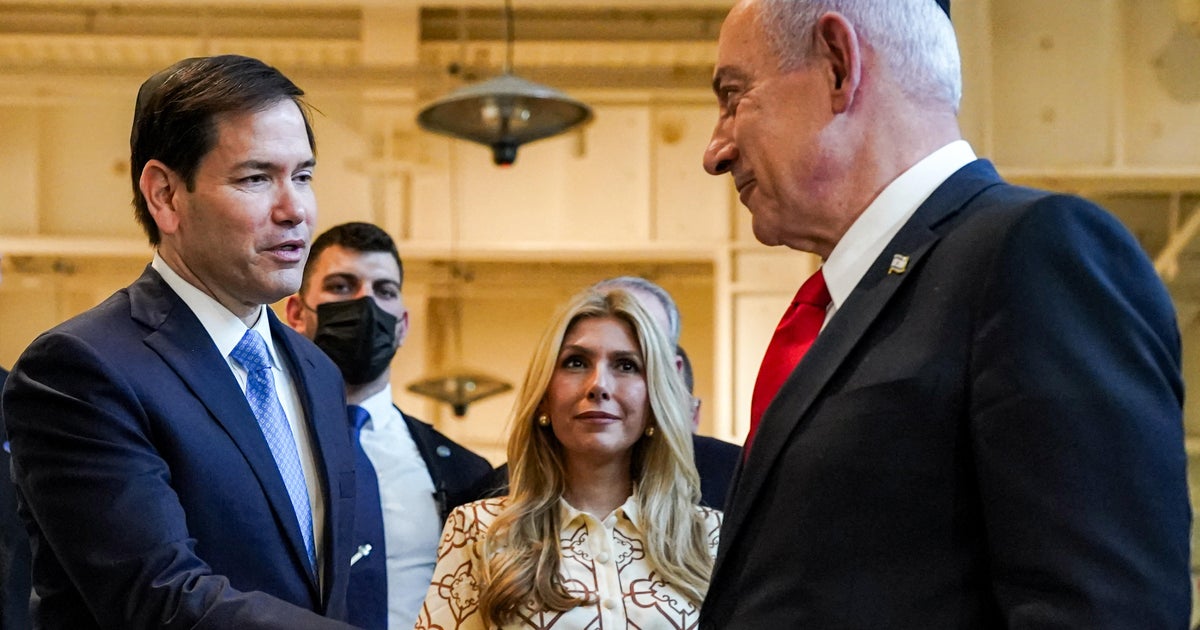In honour of the International Day of the World’s Indigenous Peoples on 9 August, the UN hosted a virtual commemoration on Friday on the theme AI: Defending Rights, Shaping Futures.
An estimated 476 million Indigenous Peoples live across 90 countries, representing 5,000 different cultures.
Without proper safeguards, AI risks harming Indigenous rights through inequitable distribution of the groundbreaking technology, environmental damage and the reinforcement of damaging colonial legacies.
The growing amount of electricity generation needed for AI data centres and other infrastructure is also intensifying climate change pressures, according to the UN.
When situated near Indigenous Peoples’ lands, AI data sites can exacerbate environmental degradation, negatively affecting the ecosystems they depend on.
Moreover, decisions on AI are often made by governments and major tech companies excluding any consultation with Indigenous Peoples. This has meant Indigenous language, knowledge and culture are regularly included in AI datasets without consent, perpetuating patterns of appropriation and misrepresenting Indigenous Peoples.
Despite challenges and risks, AI also presents new opportunities. Worldwide, Indigenous Peoples have explored the use of AI, using it as a tool for preserving intergenerational knowledge, empowering youth, and preserving culture, language and identity.
Safeguards for and innovations from Indigenous Peoples in the realm of AI are the focus of this year’s International Day of the World’s Indigenous Peoples, as well as recipients of the Equator Prize.
2025 Equator Prize
To commemorate the day, the UN Development Programme (UNDP) has announced the ten community-based, Indigenous-led organizations that will be recipients of the 2025 Equator Prize.
This award honours environmentally grounded solutions led by Indigenous Peoples that promote sustainable development, with winners demonstrating this year’s prize theme, “Nature for Climate Action”.
Winners will receive $10,000, be honored at a high-level online ceremony later this year and may join global events, including the UN General Assembly and the UN Climate Change Conference, COP30, taking place in Brazil later this year.
Prize recipients
The Latin American recipients include Cooperativa de Mujeres Artesanas del Gran Chaco (COMAR) in Argentina, Associação Uasei dos Povos Indígenas de Oiapoque (Uasei) in Brazil, the Hakhu Amazon Foundation in Ecuador and the First Agrobiodiversity Zone in Peru.
COMAR supports Indigenous women through Matriarca, a brand turning traditional crafts into sustainable products. Uasei fosters an Indigenous-led bioeconomy around native açaí, while Hakhu defends the Ecuadorian Amazon and Indigenous rights through advocacy, decolonial education and grassroots media.
In India, Bibifathima Swa Sahaya supports village farmers through multi-cropping, seed banks and solar-powered processing – combining traditional knowledge with regenerative agriculture and renewable energy.
In Indonesia, Mitra BUMMA supports community enterprises protecting 100,000 hectares of rainforest while also boosting local economies and governance. The Ranu Welum Foundation empowers Indigenous Dayak communities through forest conservation and cultural preservation.
In Papua New Guinea, Sea Women of Melanesia Inc. empowers women to lead marine conservation by combining traditional knowledge with modern science.
And in Africa, Nature and People As One in Kenyaempowers pastoralist communities to restore drylands using traditional knowledge and affordable restoration methods, and Sustainable Ocean Alliance Tanzania restores marine ecosystems through sustainable seaweed farming and empowers coastal communities.
“On this important day, the 2025 Equator Prize winners are a reminder of the importance of honoring and recognizing the vision and leadership of Indigenous Peoples and local communities,” said Marcos Neto, UN Assistant Secretary-General and Director of UNDP’s Bureau for Policy and Programme Support.
Where next?
Latest news
Read the latest news stories:
- Africa’s ‘land-linked’ economies poised to drive continent’s prosperity Friday, August 08, 2025
- Indigenous Peoples Day highlights AI’s risks and opportunities Friday, August 08, 2025
- Israel’s military takeover of Gaza City would mark ‘a dangerous escalation’: Guterres Friday, August 08, 2025
- ‘Nuclear weapons have no place in our world,’ UN chief tells mayors in Nagasaki Friday, August 08, 2025
- ‘The real challenge is still ahead’: UN warns on Afghan returnees Friday, August 08, 2025
- Landlocked but not left behind: UN summit in Turkmenistan wraps with bold new roadmap Friday, August 08, 2025
- You can run – but we will find you, militias tell terrified civilians Friday, August 08, 2025
- Israeli plan to take complete control of Gaza must stop now, says UN rights chief Friday, August 08, 2025
- Gaza: Acute malnutrition among children hits record high Thursday, August 07, 2025
- Abuse during and after childbirth persists globally, WHO warns Thursday, August 07, 2025
Link to this page from your site/blog
Add the following HTML code to your page:
<p><a href="https://www.globalissues.org/news/2025/08/08/40564">Indigenous Peoples Day highlights AI’s risks and opportunities</a>, <cite>Inter Press Service</cite>, Friday, August 08, 2025 (posted by Global Issues)</p>… to produce this:
Indigenous Peoples Day highlights AI’s risks and opportunities, Inter Press Service, Friday, August 08, 2025 (posted by Global Issues)

 1 month ago
7
1 month ago
7









 English (US) ·
English (US) ·